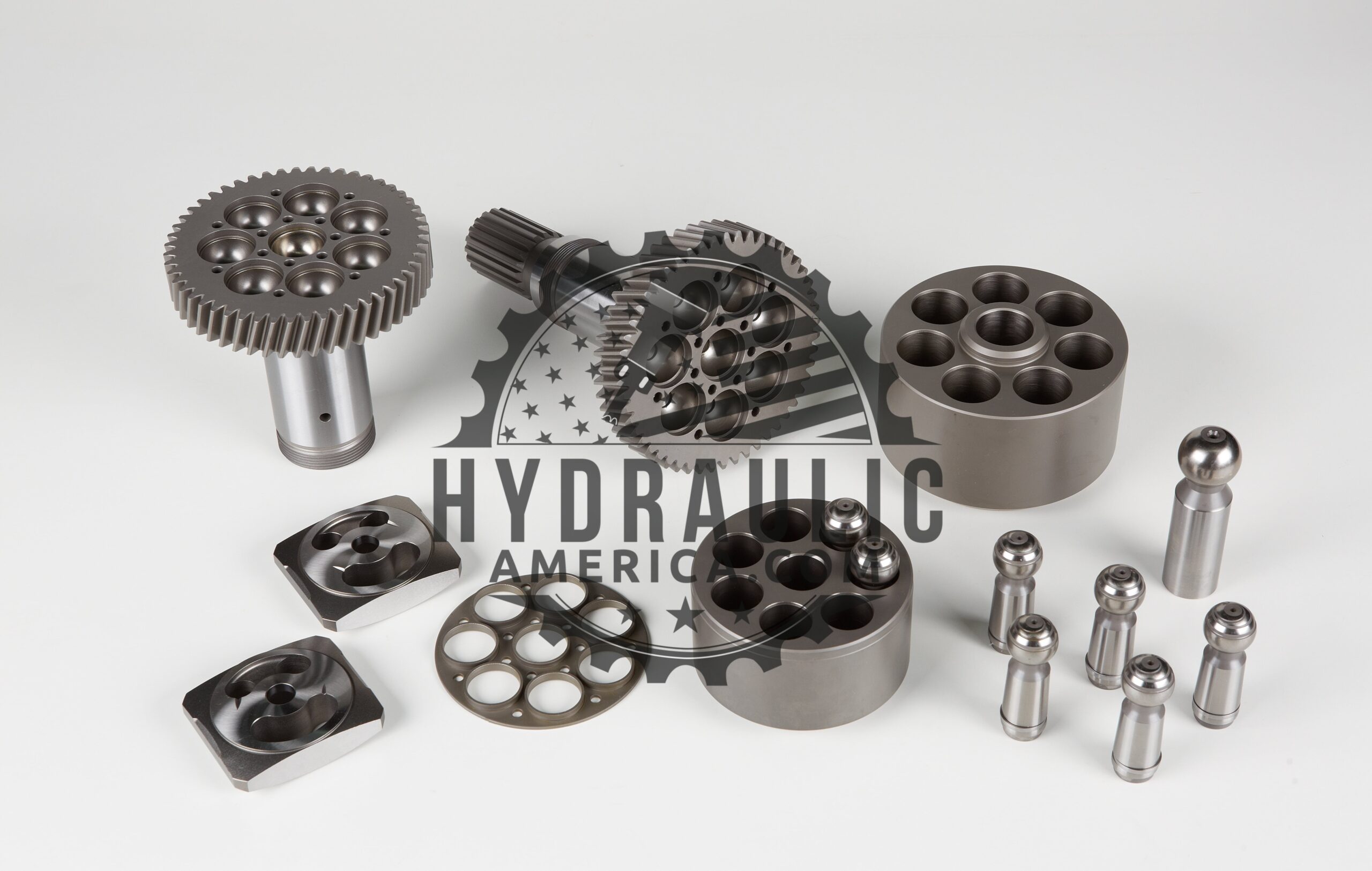Hydraulic final drive motors are a key component in the drivetrain of many vehicles, providing the rotational power needed to drive the wheels. However, like any mechanical device, these motors can sometimes fail due to a variety of causes. Here are some common reasons why hydraulic final drive motors may fail:
- Contamination: Hydraulic fluids can become contaminated with dirt, debris, or water, which can cause damage to the motor's internal components and lead to failure.
- Wear and tear: Normal wear and tear can cause the internal components of a
hydraulic final drive motor to wear down over time, eventually leading to failure. - Overheating: If the motor is subjected to excessive heat or is operated outside of its recommended temperature range, it can fail due to overheating.
- Improper lubrication: Lubrication is essential for the proper functioning of a hydraulic final drive motor. If the motor is not properly lubricated, it can suffer damage and fail.
- External damage: Accidents or other external forces can cause damage to the motor, leading to failure.
By understanding these common causes of failure, vehicle owners and operators can take steps to prevent or mitigate the risk of hydraulic final drive motor failure. This may include proper maintenance, such as regularly checking and changing the hydraulic fluid and ensuring that the motor is properly lubricated, as well as avoiding operating the motor outside of its recommended temperature range.



